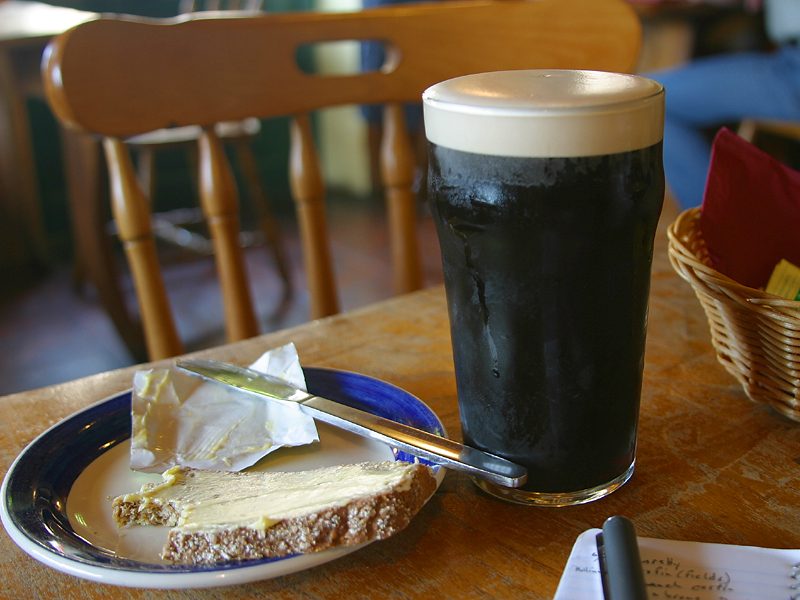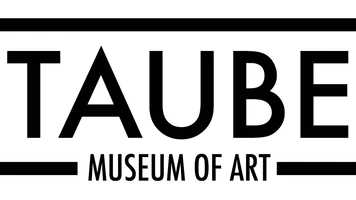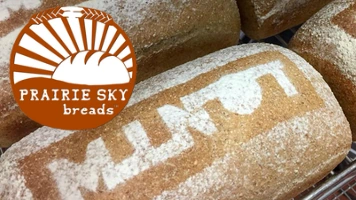Up here on the Northern Plains, we drink a lot of beer. It’s a fact we all acknowledge. And the question they’re starting to ask in Minnesota is what would happen if more of the beer that we consume was brewed locally? What if the corner bar was actually a corner brewery with a taproom?
The growth in craft brewing recently got the attention of the editors at the Star Tribune, and they reached out to a local business consultant focusing on the industry for an interview. Scott Ebert is the head of ‘beverages practice’ at Minneapolis-based accounting and advisory firm Baker Tilly. Much of the interview focuses on Minnesota’s relaxation of Sunday sale regulations, but a few of his thoughts have relevance across state lines.
Of most interest was Mr. Ebert’s thoughts on the opportunity that still exist in the industry, here’s the quote:
If it’s somebody who is looking to put in a small brewery and a taproom and 90 percent of everything that they make is going to be sold through the taproom and it’s a local neighborhood thing, I think there is still plenty of room for that, particularly in rural Minnesota. … The ability for new ones to get into full distribution mode is really, really hard.
— Scott Ebert, Brewing Business Consultant,
Standing in the way of realizing this opportunity are our laws and regulations. Mr. Ebert speaks directly to the regulatory climate in Minnesota, but in North Dakota, we’re not all that different.
In Minnesota a brewpub is somebody who can sell beer, wine and spirits. But if they are a brewery, they can’t distribute their packaged goods in Minnesota. And then there’s the second side of that, the breweries that have a taproom. If I’m a brewery that has a taproom, I can’t sell anybody else’s malted beverage. I can’t even have a guest tap. … Both factions would like to see that change. … The second is to have multi-locations for a taproom. In Minnesota, I can only have one taproom. … Surly has its facilities still in its old brewery but it had to close that taproom to open its new taproom. … Lastly, the ability to compete without the use of the third tier, or the distributors, to a large volume. Today it’s roughly 20,000 barrels. They would like to see that number increase so they can self-distribute.
— Scott Ebert, Brewing Business Consultant,
Here on the Minot Voice, I’ve advocated that we need liquor licensing reform locally, but we can make progress at the state level too. If we get our laws out of the way, the entrepreneurs will fill in and do what they do best — create.
Liquor license laws are once again on the local agenda. Tomorrow at Liquor and Gaming Committee will consider a revised law that will very slightly open Minot to new alcohol-related business concepts — three years from now. Proposed changes to Minot’s liquor licensing include evaluating our quota-based population caps annually starting after the next 10-year census.



